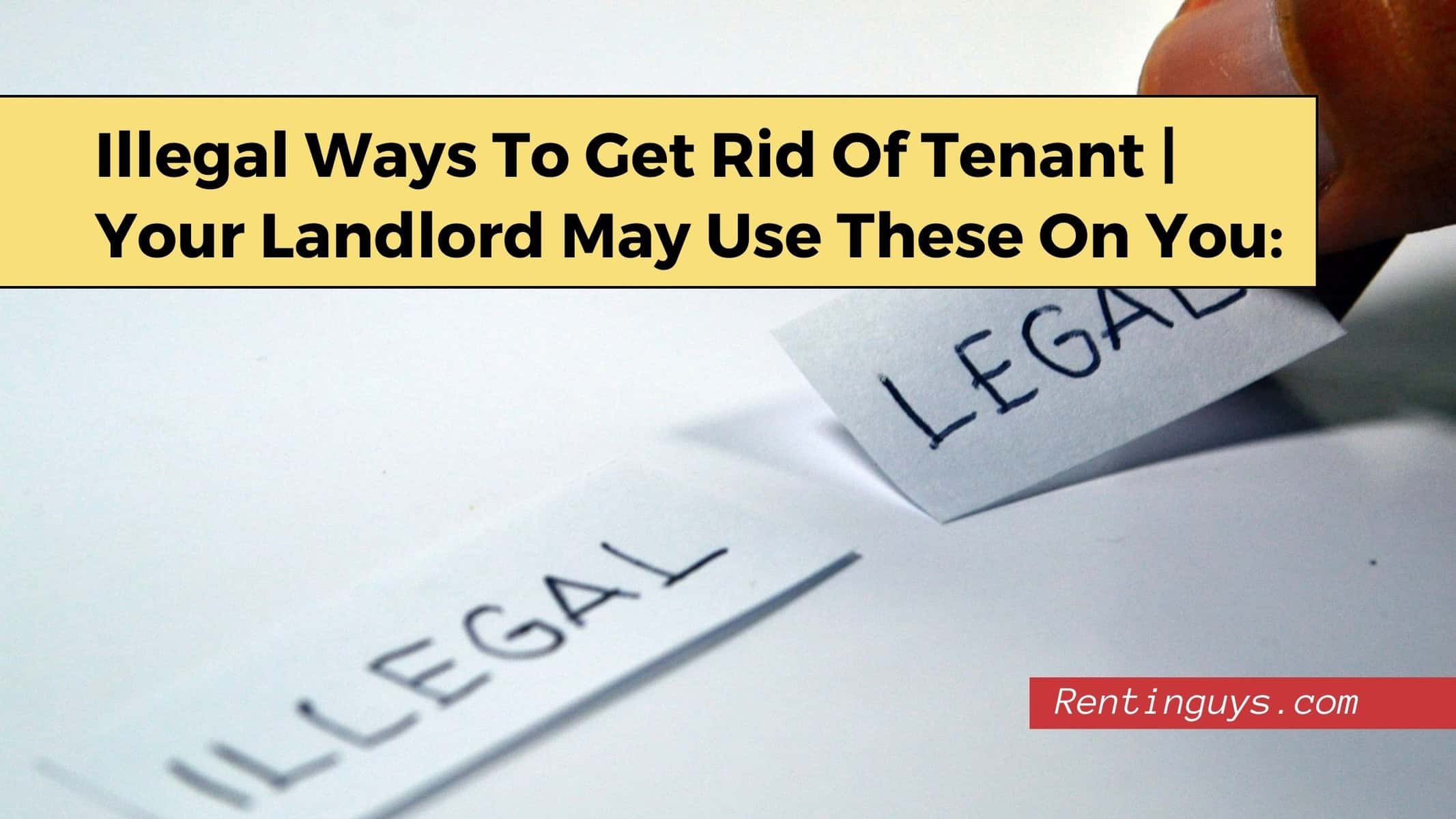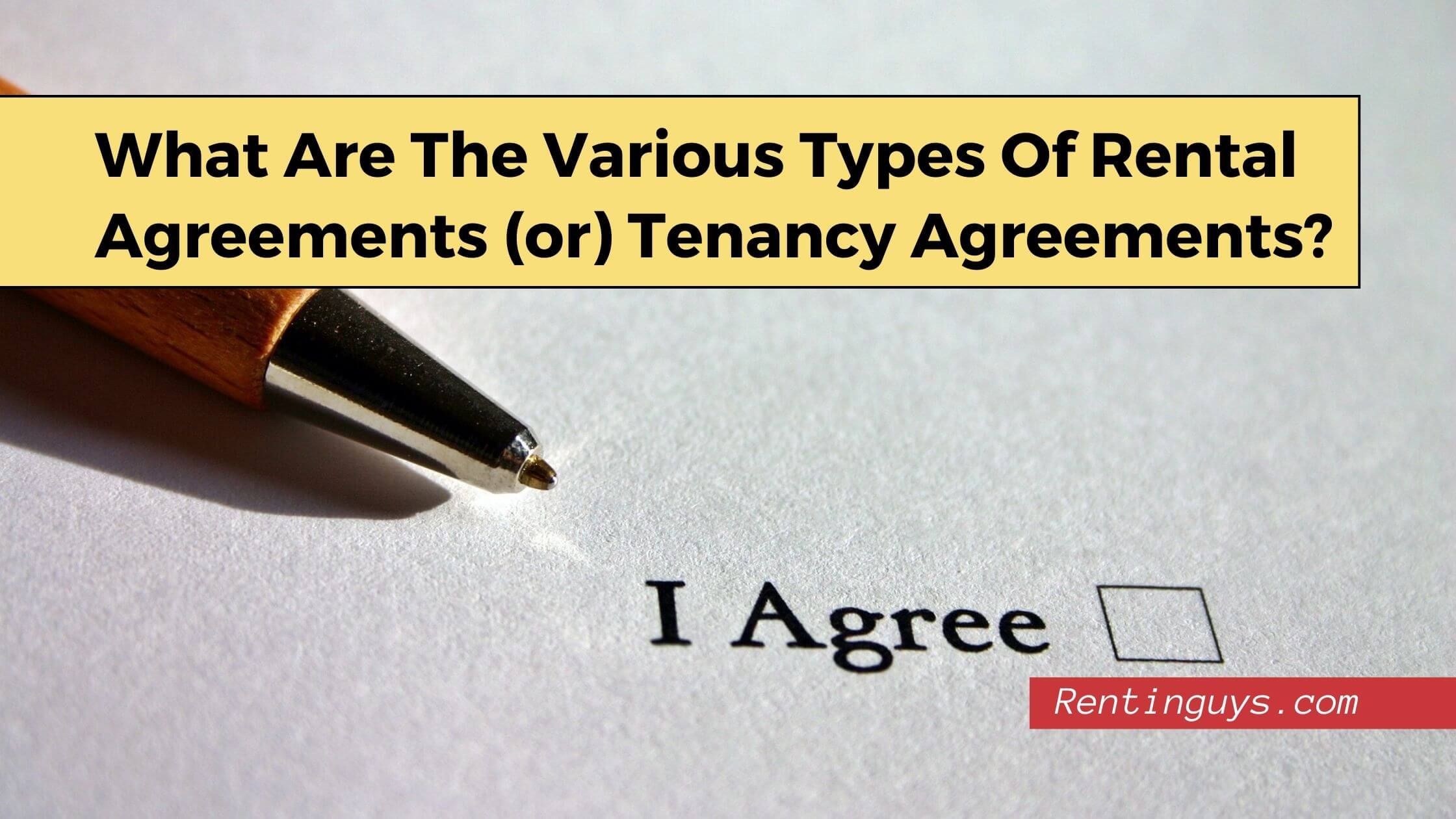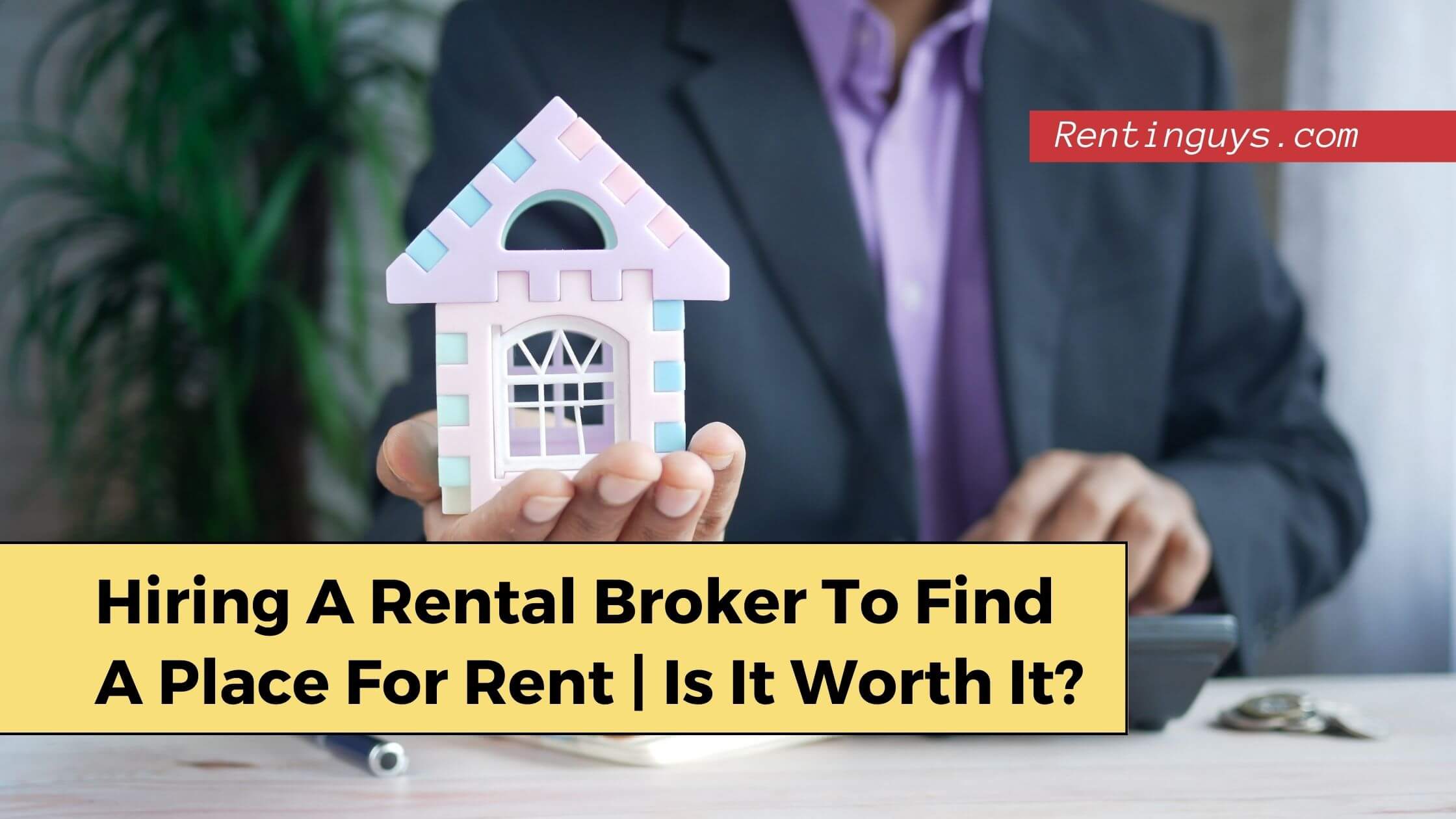Finding a home you love to live in is a dream come true. However, staying put in that home for a long time is difficult as landlords have many reasons to vacate you.
Even if you are a responsible tenant, who pays rent on time and takes good care of the property, your landlord might want to vacate you from the property.
There are a variety of reasons such as selling the property, wanting new tenants, etc. for landlords to vacate their tenants.
The landlord has to give you a proper eviction notice before asking you to leave the house before the expiry of the lease. However, there are some tell-a-tale signs that you can observe before receiving the notice that can help you understand that the landlord wants you to vacate the property.
Here are some signs your landlord wants you to leave their property. Don’t forget to observe them and take appropriate action to save yourself.
Signs your landlord wants you to leave their property
1. Increase in the number of scheduled viewings
This is the most obvious sign that your landlord is planning to sell the house.
Most landlords visit their properties at regular intervals to check on the property and interact with the tenants. But if the number of scheduled viewings has increased and the owner is accompanied by other people, it means that the landlord has put up the property for sale.
It is significant to note that the landlord must give you a notice at least 24 hours before visiting the property.
As a tenant, you have the right to refuse or deny entry, if the landlord, property agent, or potential buyers come to your house unannounced.
2. A drastic increase in rent
Landlords have the right to increase the rent of the property unless it is otherwise mentioned in the rental lease.
Increasing rent is a move taken by most landlords to signal the tenants to vacate the property. If your landlord increases rent suddenly, it is an obvious sign that they want you to leave the house.
If you feel that the landlord is using the price hike tactic to vacate you from the house, schedule a meeting to discuss the issue.
Go prepared for the meeting with the prevailing rents in the area and the maximum and minimum rents of similar properties. This will give you the power to negotiate with the landlord and know the actual reason for the hike in the rental.
3. Unplanned improvements to the property
Landlords want to get a good price for their property and often make improvements to make it appealing to the potential buyers.
If your landlord has neglected the maintenance of the property for a long time but has suddenly taken up renovations, it can be a sign that he is getting ready to sell the property.
Surprise renovations can include fixing up the exteriors and interiors, repaving the walkways, painting and furnishing works, etc. Keep an eye on any surprise improvements to the property as it can be a sign that they want you to leave the house.
4. Your neighbors are vacating
If you live in a multi-family property and your neighbors are vacating, it can be a sign that the owner will ask you to leave the property soon.
Although this may not be the case every time, it will be helpful to ask your neighbors about the reason they are moving out.
Also, have a keen eye on rumors in your locality. If you hear from a property manager or the building staff that the landlord has asked them to look for potential buyers or new tenants, it means that you will be asked to leave the property soon.
5. Introducing new rules
If your landlord comes up with new rules that are not mentioned in the rental lease, it can be a sign that they want you to leave the property. The rules can be regarding pet policy, guest policy, maintenance, rent payment, or any other issue.
If you observe that there are sudden changes in rules, it is time to schedule a meeting with the landlord and clarify the issue.
You can fight for your rights if the new rules do not comply with the original lease agreement and are only imposed to cause inconvenience and compel you to vacate the property.
6. Not taking up repairs and maintenance works
It is the liability of the landlords to make the property fit enough for your stay. The tenancy and housing laws of your state clearly specify the responsibility of the landlord to repair the property.
Some states also require landlords to address minor repairs, especially if the tenant is not competent or does not have the financial resources to handle them.
If any repairs or maintenance works crop up during the course of your stay, the landlord has to address them within a decent time. However, when the landlord does not respond to your requests for repairs, it is an obvious sign that they want you to move out of the property.
7. Does not respond to your calls and emails
The landlord has to respond to your calls and emails within a reasonable time. When the landlord wants you to move out of the property, they start ignoring your calls and messages. They may reduce or stop interacting with you to force you to move out of the property.
However, this move is illegal and you can file a case in a court of law. Consult a good real estate lawyer if the landlord refuses to answer your emails and calls.
The landlord has to provide written notice of termination if he wants you to leave the property before the lease expires. The notice period depends on the local state housing and tenancy laws.
In any case, the landlord must give at least 7-day notice to the tenants to vacate the property. Even after serving the notice, the landlord cannot lock you in or out of the property or physically move you out from the property.
If your house owner is trying to evict you from the property, here is what you can do.
- Move out of the property within the time frame mentioned in the eviction notice
- Address the issues that your landlord has mentioned in the eviction notice and discuss if they still want to carry on with the eviction.
- Continue living in the apartment and prepare to fight a lawsuit.
The law provides you with certain rights as a tenant. You can fight for your right to continue staying on the property until the lease expires.






